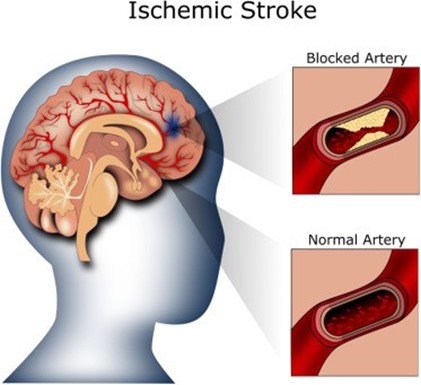A nurse is reviewing the medication list of a client who is being admitted with diabetes insipidus.
Which of the following medications places the client at an increased risk for developing diabetes insipidus?
Propranolol.
Atorvastatin.
Ranitidine.
lithium.
The Correct Answer is D
Lithium. Lithium is a medication that has been associated with an increased risk of developing diabetes insipidus. This is because lithium can interfere with the function of the kidneys and their ability to respond to antidiuretic hormone (ADH), which regulates the balance of fluids in the body.
Atorvastatin (choice B) is a medication used to lower cholesterol levels and has not been associated with an increased risk of diabetes insipidus.
Propranolol (choice A) is a beta-blocker used to treat high blood pressure and heart conditions and has not been associated with an increased risk of diabetes insipidus.
Ranitidine (choice C) is a medication used to reduce stomach acid production and has not been associated with an increased risk of diabetes insipidus.
Nursing Test Bank
Naxlex Comprehensive Predictor Exams
Related Questions
Correct Answer is C
Explanation
Furosemide is a loop diuretic that can cause loss of potassium from the body.
A potassium level of.2 mEq/L is considered low (hypokalemia) and can be a contraindication for receiving the medication.
Sodium 136 mEq/L is within the normal range and is not a contraindication for receiving furosemide.
B) Creatinine 0.8 mg/dL is within the normal range and is not a contraindication for receiving furosemide.
D) BUN 18 mg/dL is within the normal range and is not a contraindication for receiving furosemide.
Correct Answer is A
Explanation
The nurse should ensure that the client is discharged with antithrombotic pharmacologic therapy.

Antithrombotic medications help prevent blood clots from forming and can reduce the risk of another ischemic stroke.
Choice B is wrong because diuretics are used to treat fluid retention and high blood pressure and are not typically used for stroke prevention.
Choice C is wrong because anticonvulsants are used to prevent seizures and are not typically used for stroke prevention.
Choice D is wrong because opioid analgesics are used to treat pain and are not typically used for stroke prevention.
Whether you are a student looking to ace your exams or a practicing nurse seeking to enhance your expertise , our nursing education contents will empower you with the confidence and competence to make a difference in the lives of patients and become a respected leader in the healthcare field.
Visit Naxlex, invest in your future and unlock endless possibilities with our unparalleled nursing education contents today
Report Wrong Answer on the Current Question
Do you disagree with the answer? If yes, what is your expected answer? Explain.
Kindly be descriptive with the issue you are facing.
